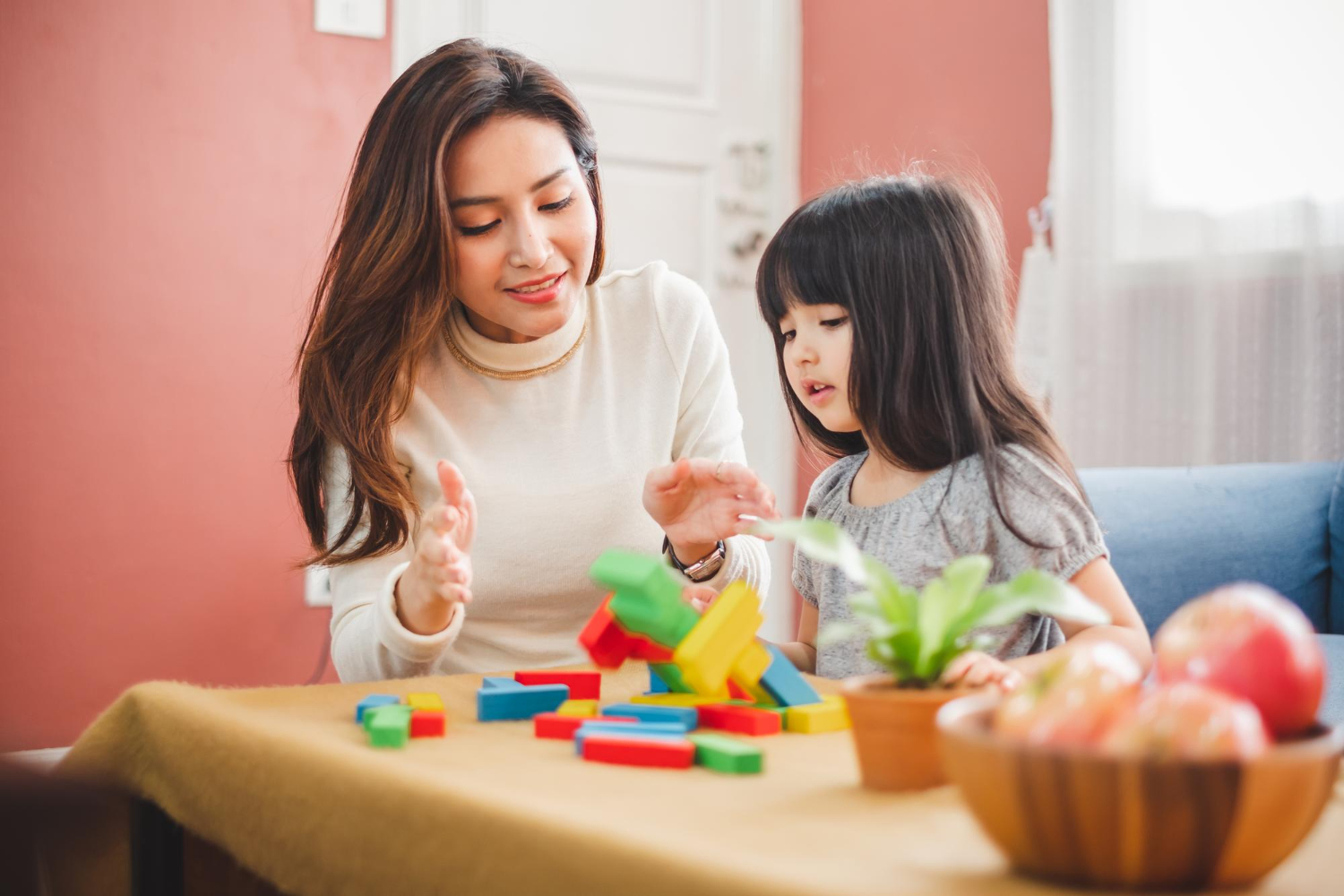Preparing for the Transition From ABA Therapy to Kindergarten


The first day of kindergarten is a big moment for any family. For children who have been in ABA therapy, it can feel even more significant.
Parents often ask: Is my child ready for the routines, social interactions, and independence expected in a classroom? The good news is that many of the skills children gain through ABA directly support school readiness. With the right preparation, this transition can be both smooth and exciting.
Kindergarten isn’t only about letters and numbers. Children are also expected to share materials, follow group instructions, and handle simple self-care tasks without constant help. In fact, a national survey of teachers found that nearly 90% believe social and emotional development is just as important as academic preparation when starting school.
This means readiness is about more than academics—it’s about confidence, adaptability, and independence. ABA therapy, with its focus on communication, daily living skills, and behavior support, helps children strengthen all of these areas.
ABA is not limited to teaching behaviors in isolation; it focuses on skills children can carry into everyday life. Many of the strategies used in therapy align closely with what teachers look for in kindergarten.
Therapy sessions often include opportunities to practice turn-taking, playing with peers, or asking for help. These skills make it easier for children to join group activities and build friendships.
Kindergarten has structure—lining up, cleaning up, sitting for lessons. ABA often introduces similar routines, so these transitions feel familiar instead of overwhelming.
From opening a snack container to organizing materials, independence is essential in school. ABA gradually builds these self-help skills, reducing frustration and boosting confidence.
School can be noisy and unpredictable. ABA equips children with coping strategies for managing excitement, disappointment, or frustration without meltdowns.
Even with strong preparation from therapy, parents play an essential role in bridging the gap between ABA and school. The months leading up to kindergarten are a chance to reinforce skills and set realistic expectations.
Ask your therapy team to focus on goals that mimic school situations—like following group directions or practicing structured seatwork.
Share your child’s progress and strategies that work. Many teachers appreciate specific tips from parents and providers.
Morning routines, sitting through short “lesson” times, or even role-playing school scenarios can make the transition less intimidating.
Walking through the classroom, meeting the teacher, and exploring the playground can reduce first-day jitters for both child and parent.
Some families adjust ABA hours as school begins. A gradual shift helps children adapt without losing the consistency of therapy.
Kindergarten readiness isn’t built by one person alone. Progress is strongest when parents, ABA providers, and teachers communicate openly. A Board Certified Behavior Analyst (BCBA) can often collaborate with schools to share strategies and data. This kind of teamwork gives children a consistent, supportive environment as they move from therapy to the classroom.
The transition from ABA therapy to kindergarten is a milestone worth celebrating. It can feel daunting, but with preparation and collaboration, children gain the tools they need to succeed. ABA therapy helps them build independence, social confidence, and resilience—all skills that support a strong start in school.
If you’re preparing for this step, exploring trusted providers can make a world of difference. Find ABA providers near you through our directory and take the next step toward a confident kindergarten journey.
What skills should my child have before kindergarten?
Basic self-care, following directions, and beginning social interaction are key. Academic skills will develop in school.
Can ABA therapy continue once my child starts school?
Yes. Many families adjust hours so therapy supports both classroom learning and home life.
How can I help my child feel less anxious about the transition?
Visit the school beforehand, keep routines consistent, and talk positively about what to expect.
Sources: